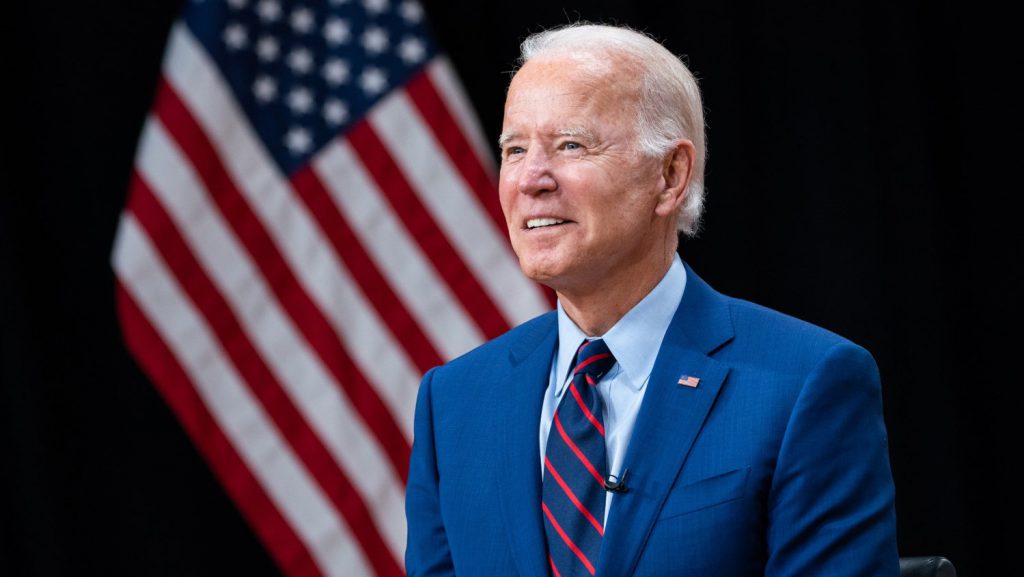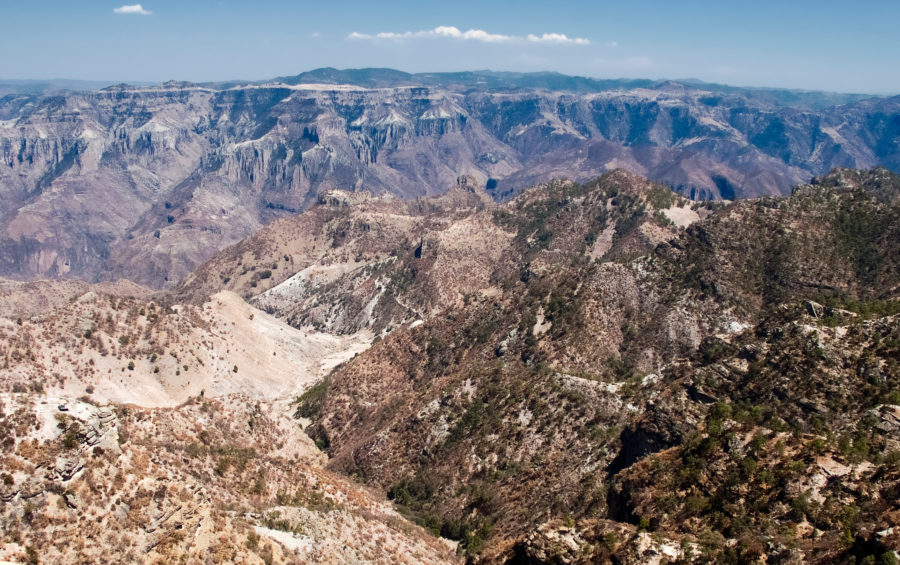Biden’s battery metals boost could ease US dependence on China

President Joe Biden fired up mining companies, battery makers and environmentalists last week when he invoked Cold War powers to encourage domestic production of critical battery minerals for electric vehicles.
The president used the Defense Production Act — wielded by Harry Truman to make steel for the Korean War, and by Donald Trump to spur mask production in 2020 — to add lithium, nickel, graphite, cobalt and manganese to the list of items deemed critical for national defense. The move paves the way for companies aiming to mine, process or recycle these minerals in the US to access a $750 million fund administered by the Defense Department.
Mining advocates say three-quarters of a billion dollars is a drop in the bucket when you consider this covers both military and civilian supply chains — everything from airplanes and bomb materials, to rare earth magnets and energy storage. They’re more excited about the symbolic value of Biden’s gesture — that it could mark a shift in US industrial policy and a demonstration of how far he’s willing to go to compete with China and further his climate agenda.
The battery industry is hopeful Biden’s act will lead Congress to earmark larger sums to support the effort, particularly more mining and processing in the US, said Abigail Wulf, the director of critical minerals strategy at Securing America’s Future Energy, a Washington think tank that advocates for US energy independence.
“It sends the signal to the entire economy that this is important,” said Wulf, who testified about critical minerals before the Senate Committee on Energy and Natural Resources last week. “When we talk about the auto sector, we’re talking about a trillion dollars to our economy each year — that’s the level of commitment that we need.”
That wouldn’t all come out of Uncle Sam’s pocket, of course, but Congress could further help by signaling to private markets that this is really happening, she told me in an interview.
Reducing the US’s dependence on China for battery materials is a uniquely bipartisan issue, one that could draw support from someone like West Virginia Senator Joe Manchin, who has stymied Biden’s economic and climate agenda but also expressed support for domestic battery manufacturing, said Andrew Gier, an energy analyst at Capstone LLC, which advises companies and investment firms on regulatory risk.
“We think there’s more to be added, if it’s related to these supply chain concerns,” Gier told me. “It’s obviously interesting to Senator Manchin, and very important to the Biden administration.”
Funding could come in the form of tax breaks folded into the federal budget for the production of specific minerals, or even a resurrection of Biden’s Build Back Better legislation, which contained consumer tax credits for EV purchases, Gier said.
This is just the speculation of highly focused observers, and there’s no indication any moves in this direction are actually afoot in Congress. But it’s clear such a push would be a tightrope walk for Biden. In a speech last Thursday, the president took pains to acknowledge the concerns of his fellow Democrats, who have been pushing for an overhaul of the nation’s mining laws to strengthen protections for public land, water and Native communities.
“There’s no situation in which I’m going to feel good about giving even more subsidies to the mining industry,” Raul Grijalva, a Democrat from Arizona who chairs the House committee on natural resources, said in a statement last week. “I’m heartened, however, that the White House recognizes the fundamental flaws in the rules governing mining on public lands and is committed to putting much-needed safeguards in place.”
On the other side of the aisle, Republican Senator Lisa Murkowski told reporters that nothing Biden has done addresses the real bottleneck for the U.S. to produce critical minerals: mining permits.
“They had a climate policy and not much of an energy policy,” she told my colleague Steve Dennis in the halls of Congress last week. “Up to this point in time, it’s been more talk than action.”
(By Gabrielle Coppola)
{{ commodity.name }}
{{ post.title }}
{{ post.date }}




Comments